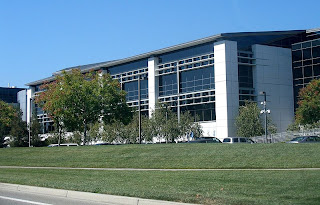


Google has quietly released a social networking service called orkut, named after Orkut Buyukkokten, a Google software engineer who developed the project during personal time allowed to him by Google.
All employees at Google are allowed to spend twenty percent of their time working on personal interests, a policy Google has to encourage creativity. Buyukkokten had an interest in social networking and so developed his service, Google says. Now the company has decided to open it to the public.
The move comes in the wake of rumors that Google wanted to buy social networking service Friendster last year and just a day after Eurekster launched, a social network service that refines search results. Is this a sign that Google plans to use social networking for search?
"We're going to watch this and see how people react to it," said Google spokesperson David Krane.
So we'll see. But Krane also stressed that the system is staying very informal, somewhat similar to when Google puts a "beta" moniker on products like Google Catalogs or Google Labs projects that may never actually make it into Google as a long-term offering.
"This service is in affiliation with Google, but it's a product of this 20 percent engineering time and something we haven't made a formal commitment to," Krane said.
Krane said the service currently has no monetization -- no ads are appearing on it from Google, nor is there a fee charged to join.
And how to join? It's invitation only. At the moment, most of those within the system are employees at Google or know employees at Google. So while the system is open to the public, it's really that the public now knows it exists. To be part of it, you'll have to hope that someone you know is within it and invites you to take part.
So is the launch a sign that Google really did want Friendster, and perhaps has decided to go this route as an alternative? Google won't comment on the Friendster rumor, saying only that it does have an interest in social networking, that the timing of this product is simply coincidental and that its exact plans for social networking remain to be determined.
"We think [social networking] is promising, but we don't have any near term commitments to it at all," Krane said.




